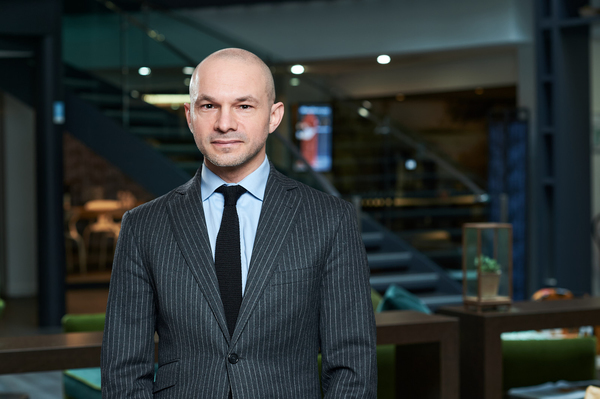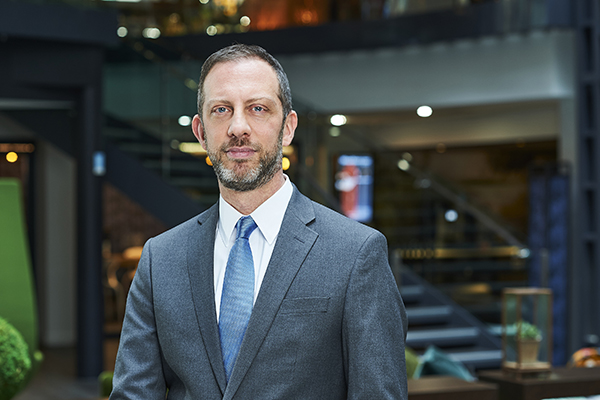CRIMINAL EMPLOYMENT LAW
Our expertise in criminal employment law
Our team operates at the crossroads of employment law and global investigations, supporting executives, companies, and organisations in navigating sensitive issues related to criminal liability in the workplace. From risk prevention (such as workplace accidents, obstruction offenses, internal investigations) to defence in litigation matters, we provide strategic and responsive expertise in a constantly evolving field where legal and media exposure requires both precision and foresight.
At the crossroads of employment and global investigations: a strategic approach
Why our combined expertise is essential:
- A strategic and pragmatic vision: employment law shapes prevention efforts, while criminal litigation ensures the company’s response is legally sound when facing authorities.
- Credibility with authorities: our dual specialisation is a strong indication of our skills and competence when dealing with inspectors, prosecutors, and courts.
- End-to-end support: from managing human dynamics (CSE, employees) to institutional responses (official requests, criminal liability), we can offer you the most comprehensive protection.
Prevent and protect: key reflexes in case of a workplace accident
In light of the likelyhood of workplace accidents and occupational illnesses — particularly psychosocial risks, which now represent the majority of cases — our two partners, David Père and François Alambret, combine their expertise in employment law and white-collar crime law to guide you every step of the way.
From immediate response and mobilisation of the Health, Safety, and Working Conditions Committee (CHSCT) or the Social and Economic Committee (CSE), to the consolidation of evidence for labour inspectors and prosecutors (in the context of the increased prosecution of employers), they explain how to build a sustainable prevention strategy.
Prevent, secure, defend: a triptych that lies at the heart of your corporate social and legal responsibility.
Workplace accidents remain a constant concern for companies, both from a human and a legal standpoint. While their definition may appear simple — "a sudden event linked to professional activity causing physical harm" — the reality is far more complex. Each incident raises multiple issues: employee safety, employer criminal liability, company image, workplace climate, and media exposure.
As of July 10, 2025, a joint directive signed by the Ministries of Labour, Justice, and Health marks a major shift in criminal labour policy. This directive strengthens cooperation between labour inspectors and public prosecutors to more effectively combat serious and fatal workplace accidents (ATGM). It places greater responsibility on employers, with heightened requirements for preventative measures, and provides better support for victims.
Three key reflexes for companies:
- Secure as soon as possible: preserve evidence, alert the relevant authorities, inform the CSE.
- Strengthen preventative efforts: document training, internal procedures, and safety guidelines.
- Anticipate legal proceedings: define an appropriate communication and legal defence strategy.
Managing workplace accidents goes beyond employment law — it touches on overall corporate governance. A multidisciplinary legal approach combining employment law, criminal law, and compliance is essential to effectively manage these risks.
Internal investigations: a strengthened legal framework since June 2025
The French Court of Cassation ruling dated June 18, 2025, has significantly tightened the legal rules governing internal investigations within companies. The framework now requires strict adherence to the principles of adversarial proceedings, fairness in evidence collection, and protection of employees' rights. In practice, any investigation conducted without rigour may be deemed invalid, and the evidence collected could be excluded from any judicial or disciplinary process.
Three key actions for a successful internal investigation:
- Establish a clear and structured framework from the outset: set precise objectives, form a dedicated investigation team, ensure respect for the rights of defence, and maintain confidentiality. Without this framework, the investigation could backfire on the company.
- Meticulously document every step: record interviews, evidence gathered, and actions taken. A well-documented file is essential, whether for internal purposes, inspections, or legal proceedings.
- Combine prevention with protection: beyond sanctions, the investigation should address underlying issues, strengthen the company’s compliance culture, and demonstrate the robustness of its governance.
An internal investigation is a key tool for resolving abnormal situations and restoring a legally compliant organisation. However, this opportunity comes with risks that could expose the company to liability. To manage this delicate balance, it is crucial to work with a multidisciplinary team capable of ensuring a rigorous, impartial process that safeguards the interests of all parties involved.
The offense of obstruction: a major legal and managerial challenge
The Offense of Obstruction, as defined by the Labour Code, refers to any act that disrupts the proper functioning of Employee Representative Bodies (IRP), notably the failure to comply with the information and consultation obligations of the Social and Economic Committee (CSE) or the failure to organise professional elections. This offence entails the criminal liability of both the company’s management and the company itself, with legal as well as social consequences: a climate of distrust, internal tensions, and media exposure.
Three key actions to prevent the offence of obstruction:
- Strictly comply with formalities and timelines: convene and consult the CSE before any decision affecting its prerogatives, providing complete documents and ensuring the consultation leads to an informed opinion.
- Ensure the CSE has all necessary information to provide a relevant opinion, a subtle point that requires strong procedural knowledge.
- Never ignore warning signs: complaints from elected representatives or union threats must be taken seriously, with a prompt, legally sound, and dialogue-oriented response.
The offence of obstruction lies at the intersection of criminal and employment law. Support from an expert lawyer is therefore essential to secure social strategy, anticipate risks, and effectively defend the company. By fostering active compliance and involving the IRP in key projects, the company can turn this risk into a genuine opportunity to strengthen social dialogue.



